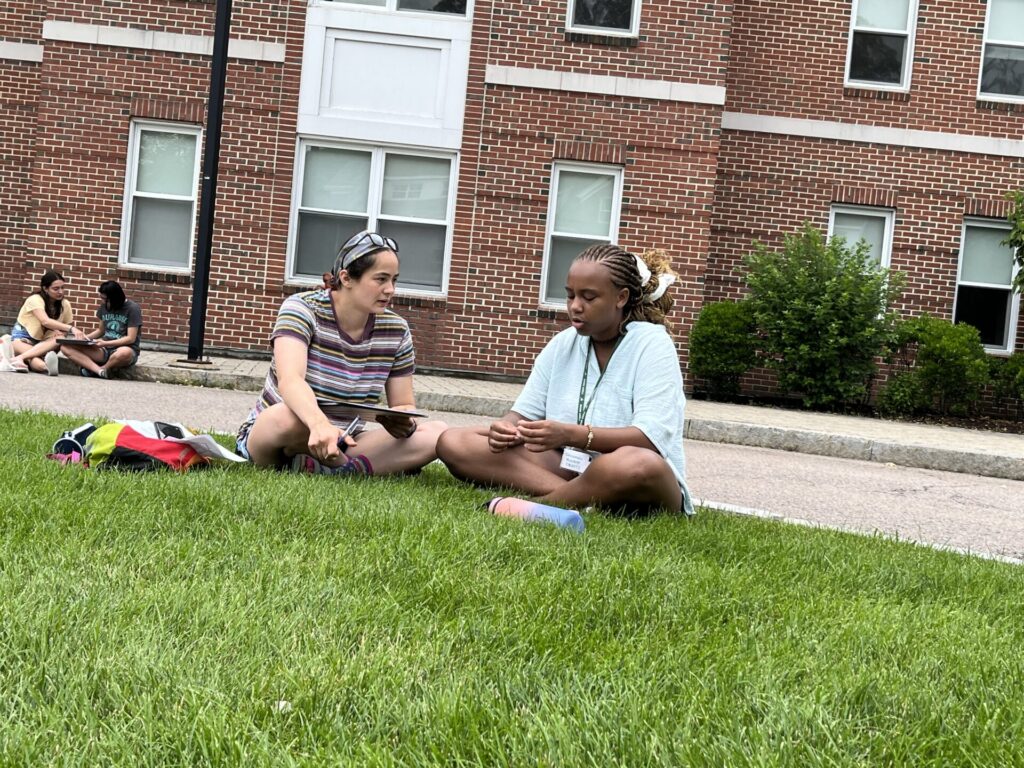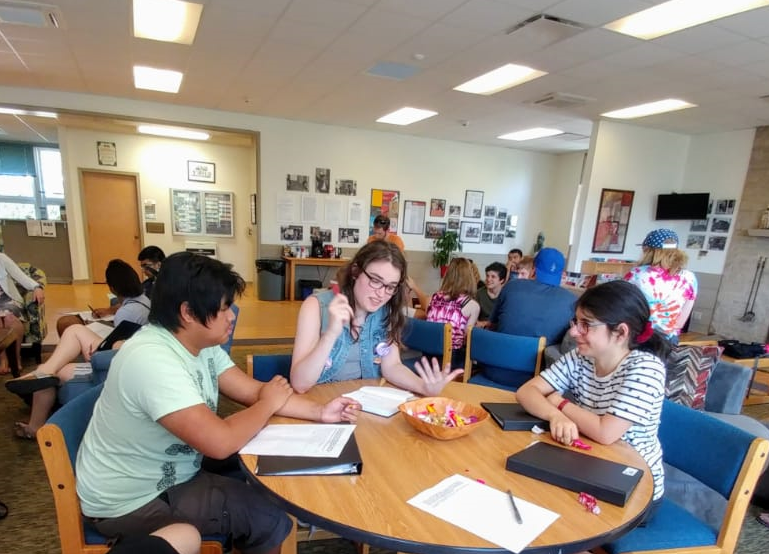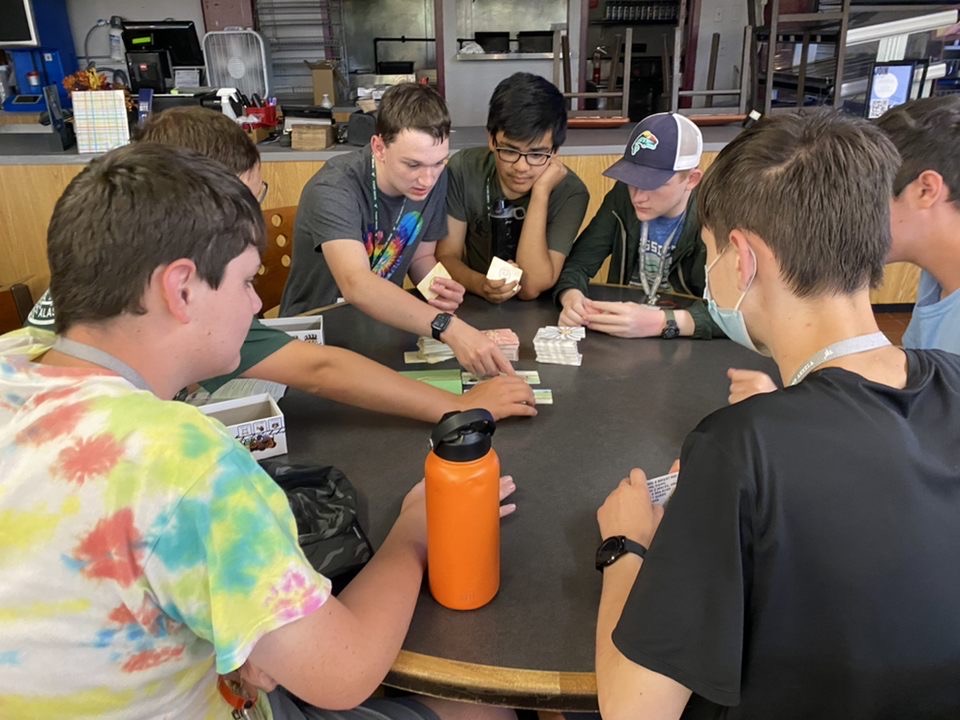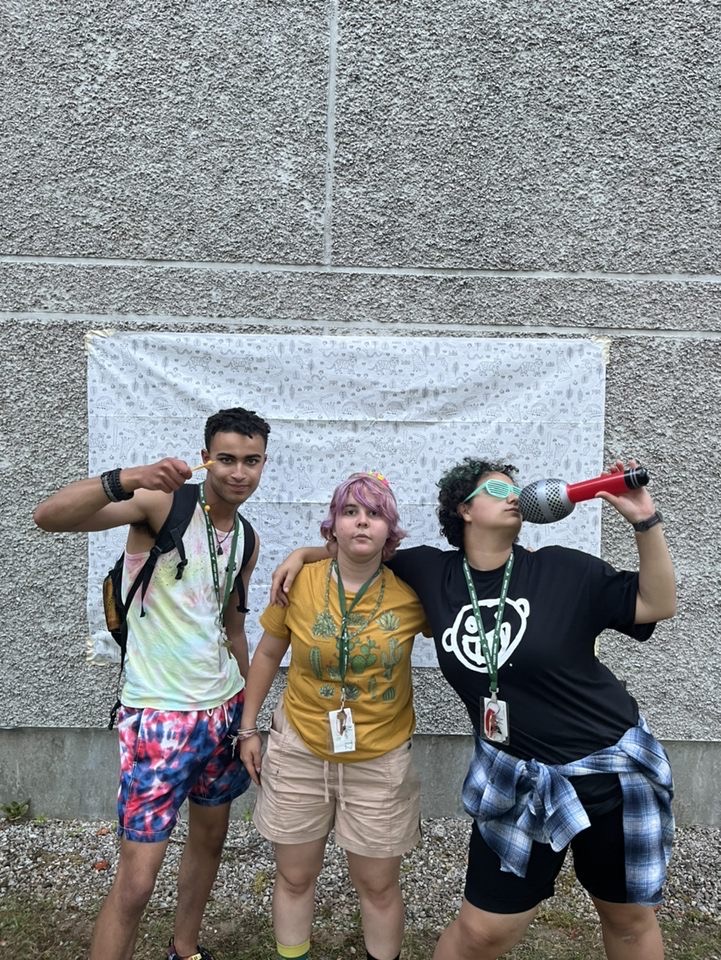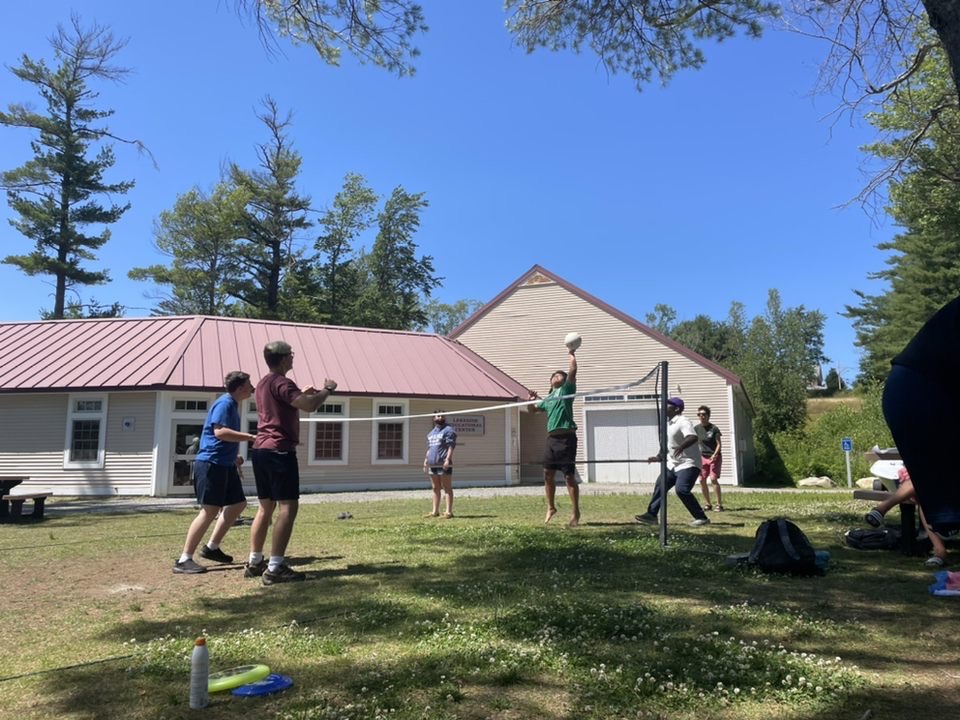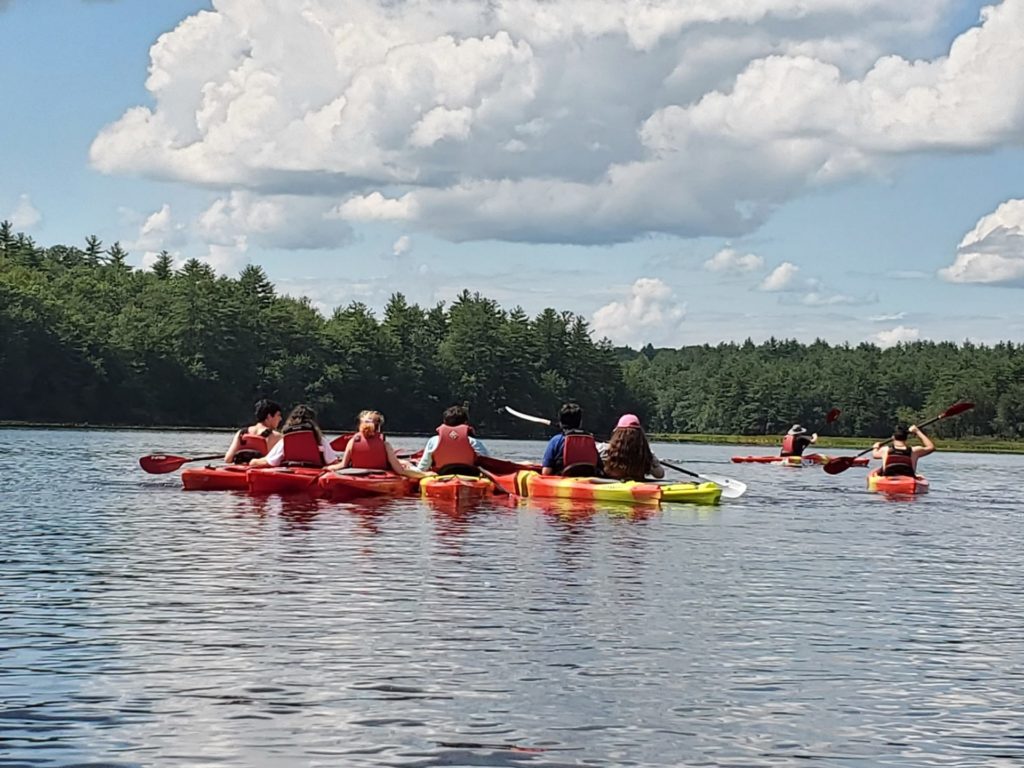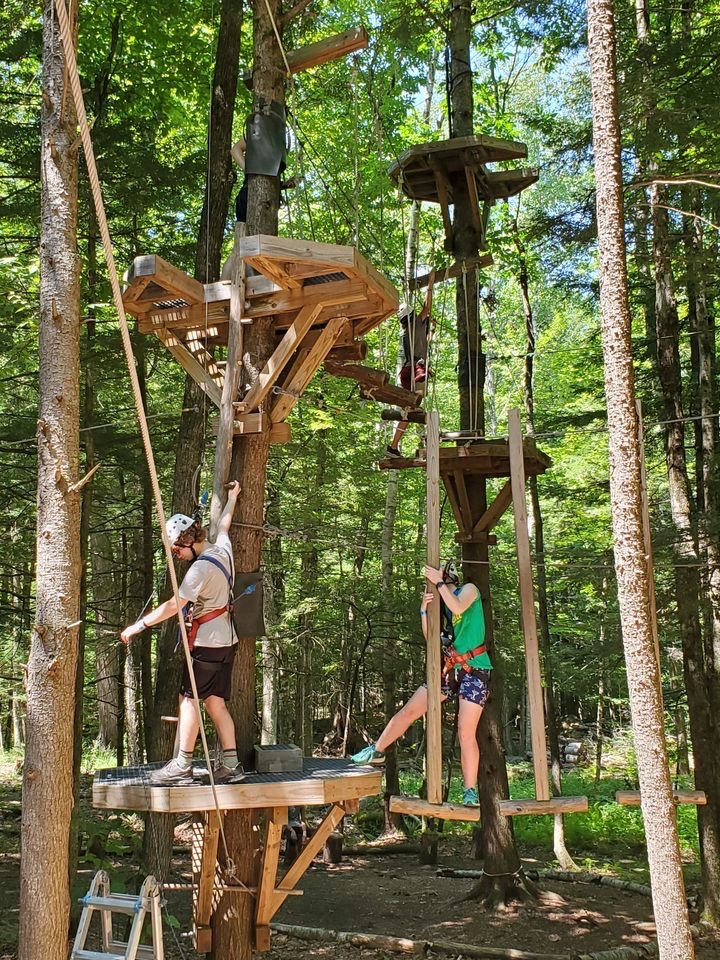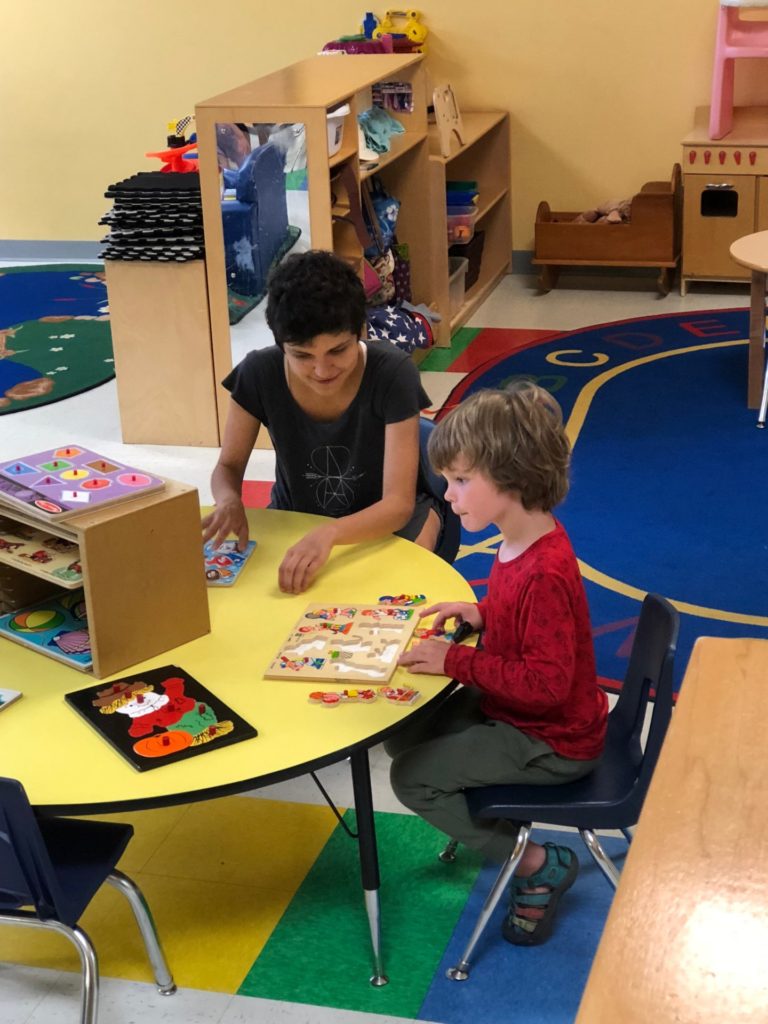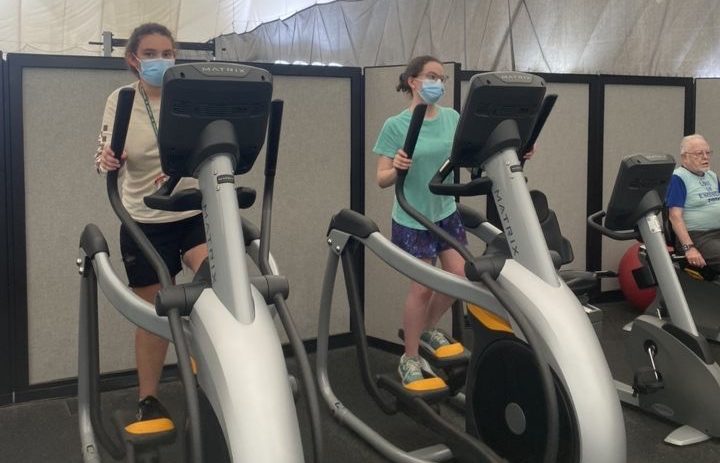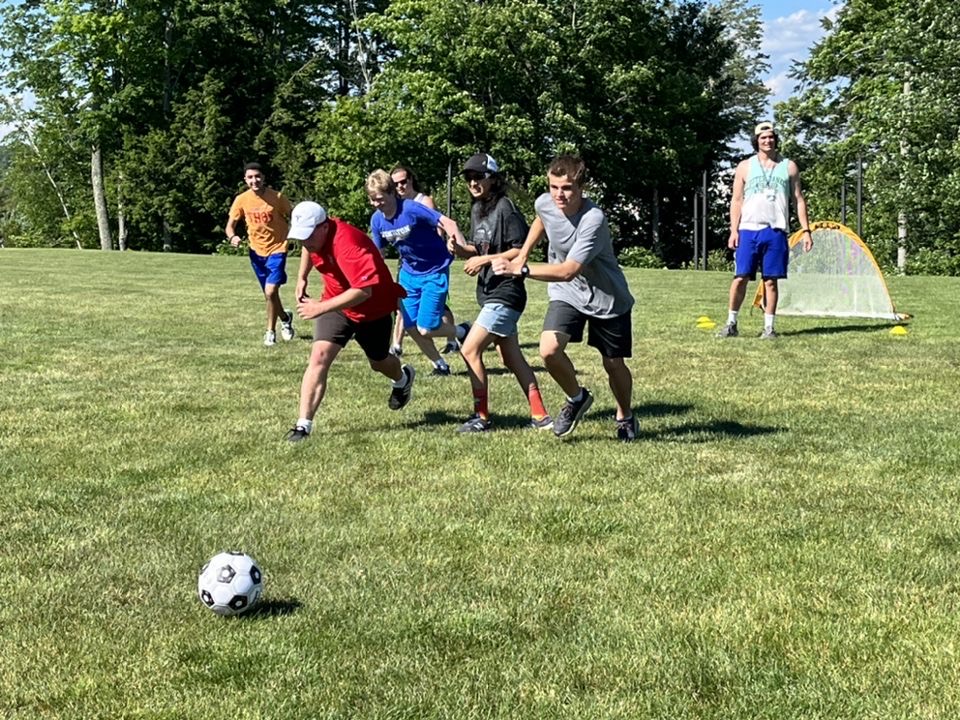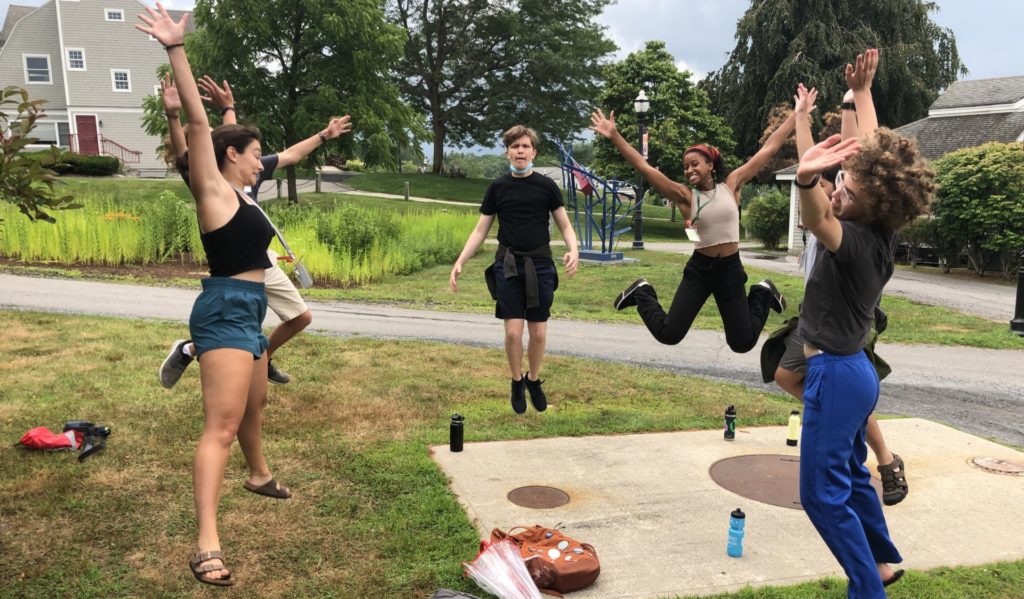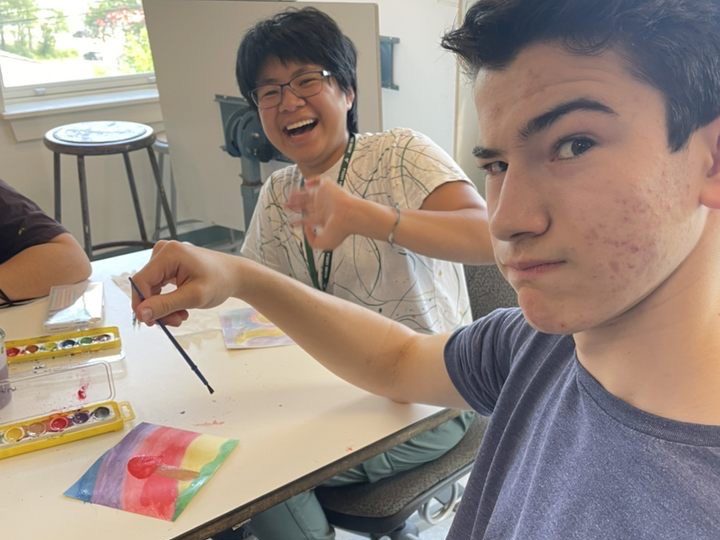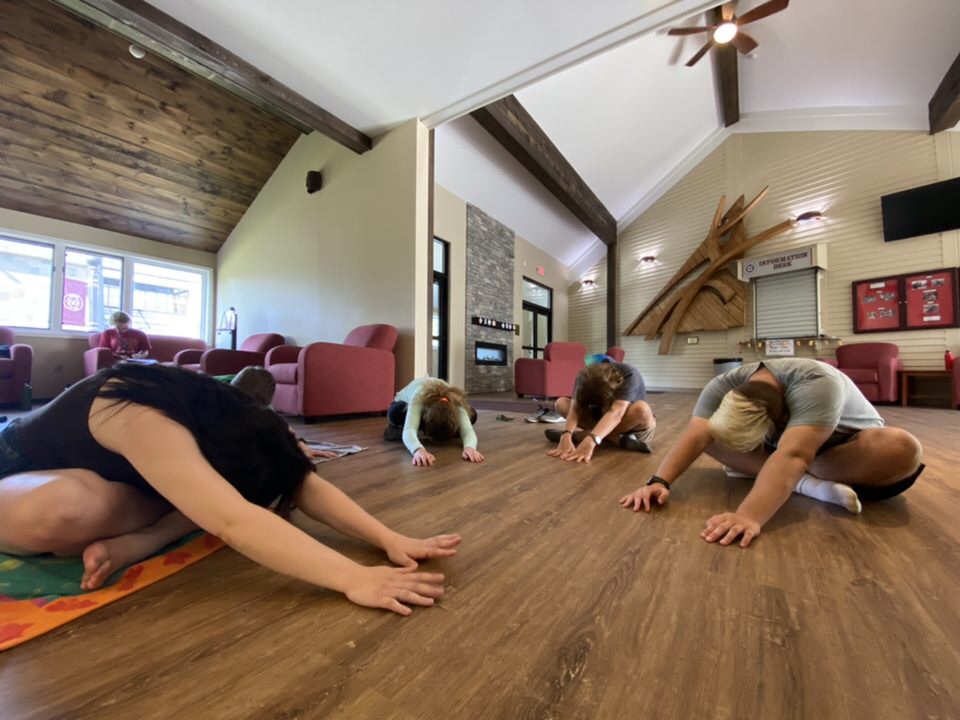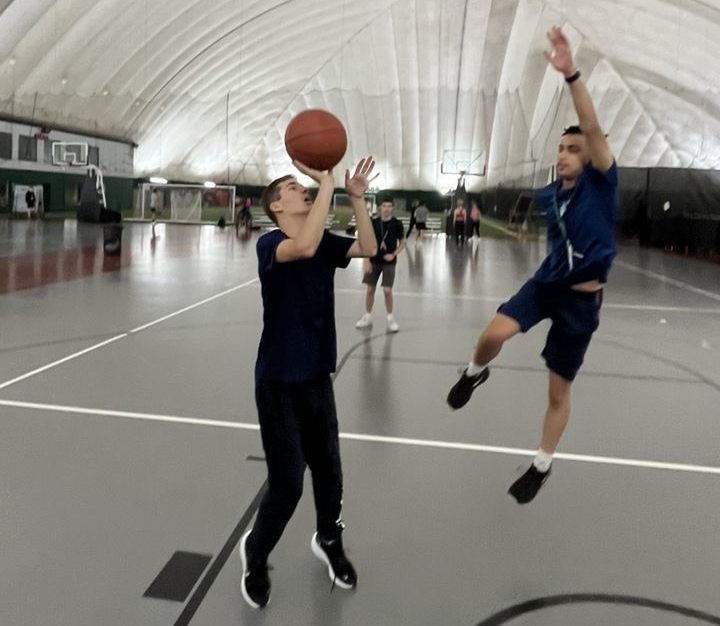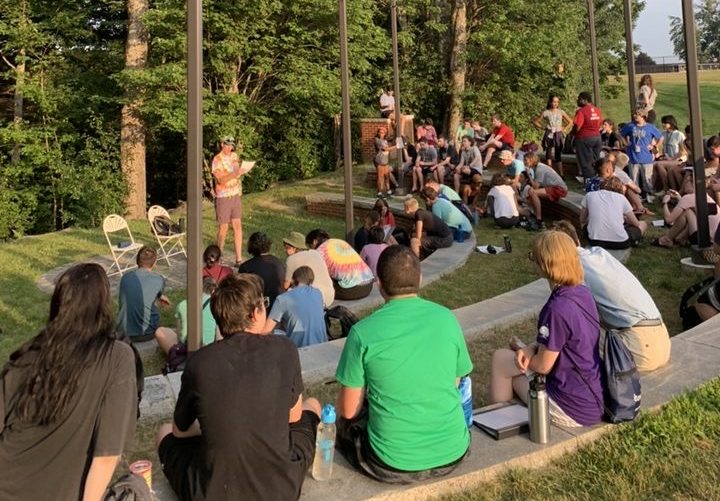One of our directors, Kevin, was recently quoted in a TeenLife article about summer program considerations for teens with mental health challenges. You can read the full article here: Summer Programs: What Teens with Mental Health Challenges Should Know
Below is the full interview between Kevin and Dr. Eric Endlich, author of the article.
What should teens with anxiety or other mental health challenges keep in mind when selecting a summer program?
The biggest thing we stress to families through our application process is setting their teen up for success by finding the right program fit. It’s important to identify the types of support available to a teen, especially if they are entering a new environment, and assessing if that level of support matches what the teen needs.
For example, do they need a truly “clinical” setting with therapists and licensed counselors on site, or do they need an well-trained adult presence to help guide them to use their coping skills as needed. The last thing any family and program wants is for a teen’s experience at summer program to be cut short. It is an avoidable setback if families and teens have honest conversations about the type of environment a teen needs to be successful away from home.
Additionally, teens must have a sense of agency in the decision making about their summer plans. More than ever, they need to be motivated to be part of the camp community. I find this to be critical to a teen’s success in our programs. Are they excited about the activities, the mission of the program, and the peer group they’ll be with? The more boxes checked, the better outcomes we see from teens at Beyond Akeela.
What should such teens be doing prior to a program to ensure the best outcome?
Preview, preview, preview! I think we all do best when we know what to expect walking into any situation, and this is especially true for neurodivergent teens and those with mental health challenges. We always suggest that teens review the websites on their own so they can get an understanding of what they’ll be doing. Attend any and all orientation or pre-summer gatherings you can! Getting some familiarity with the program leaders and peers a teen will be spending their time makes the transition into camp smoother, and I think that’s often the most challenging part when everything is very new.
It’s also important to create a plan for how teen’s will access mental health support while they’re in a summer program. Is it possible to continue doing sessions with their therapist while they’re away at the program? We’re seeing more families opt for this and find it helpful for those teens. Do they know who they will go to for adult support when they need it?
Lastly, try to gain an understanding of how the days and schedule will flow at camp. Identify times that may be challenging ahead of time so teens can think through self-care plans for those moments. Similarly, identify the times in the schedule where teens have more free time or unstructured time, and come up with plans for how they can use that effectively to manage their mental health.
How can summer programs benefit teens with mental health challenges?
Summer programs represent a great opportunity for teens to continue working toward their readiness for college, in a very different setting than high school. They are a chance to meet and build relationships with new peers who have similar yet different life experiences. I think an often overlooked part of college readiness is how a teen can form a social community for themselves. Whether it’s through clubs, housing, or other groups on campus, social communities and connections give teens a larger network of support to help them navigate the challenges of college. More practice building these communities, especially for neurodivergent teens with mental health challenges, is incredibly valuable.
Summer programs also provide opportunities for teens to practice managing their mental health outside of their typical (and often highly structured) high school environment. Whether it’s an away from home setting or day program, there will be some level of unfamiliarity which is great practice for managing mental health challenges in the VERY new setting of college. Often this results in a confidence boost for teens and their families, as they’ve conquered a stepping stone on their path to college, and have more confidence in their ability to succeed in the college setting after graduation.



